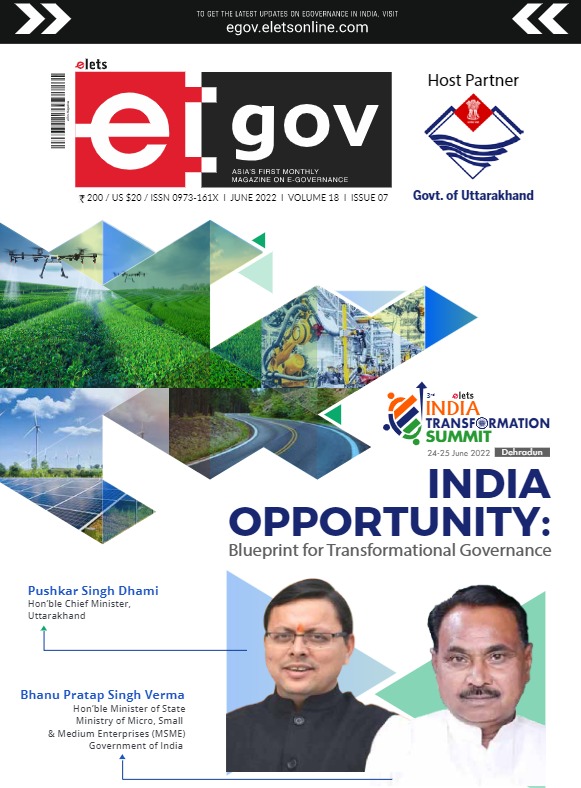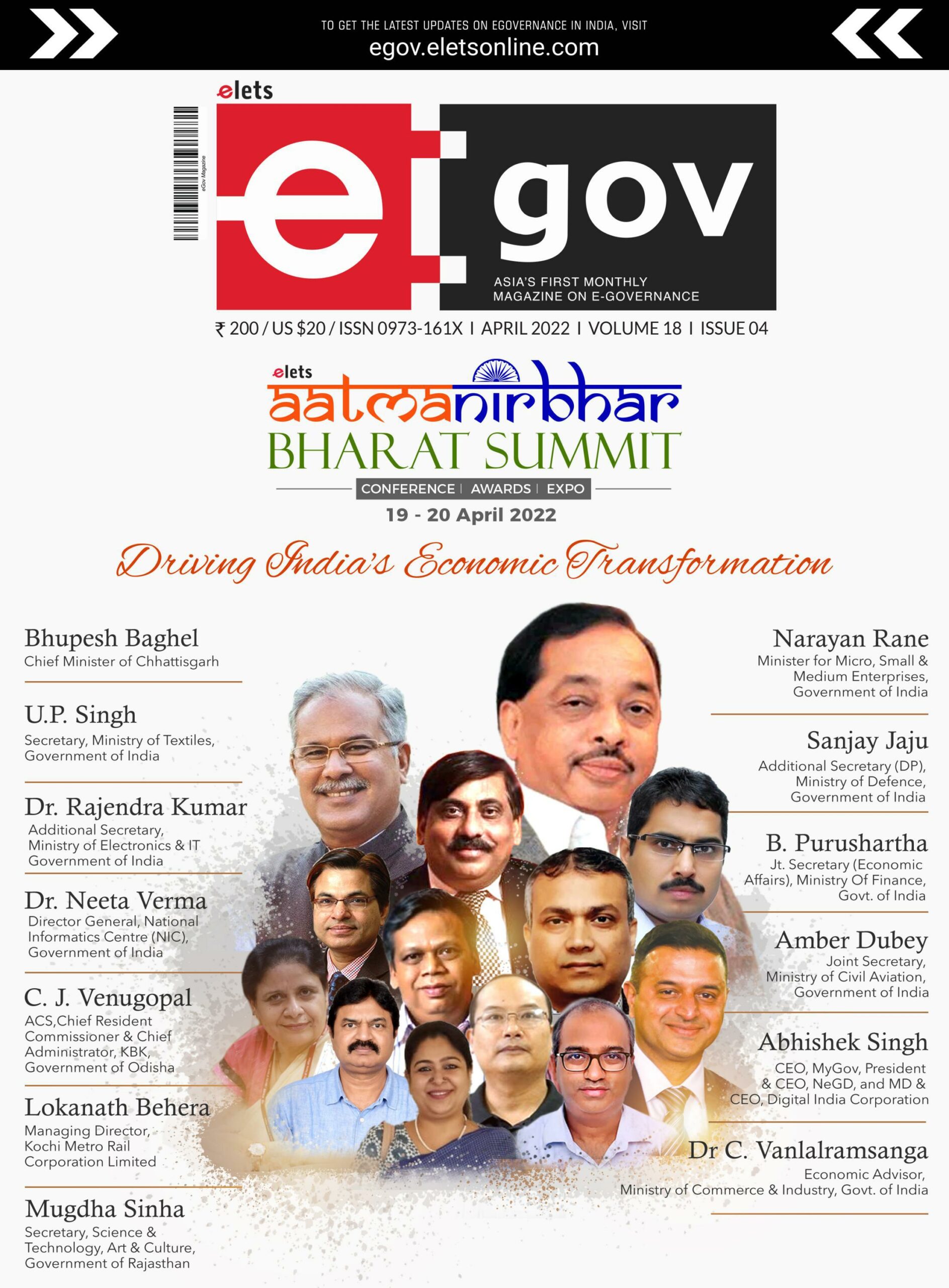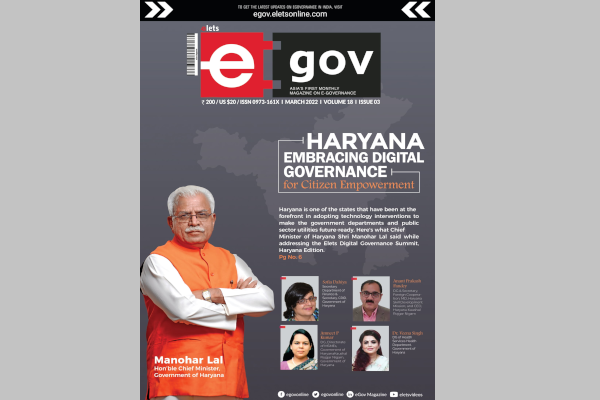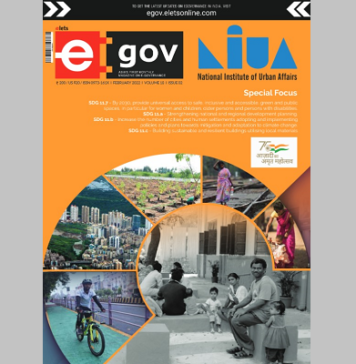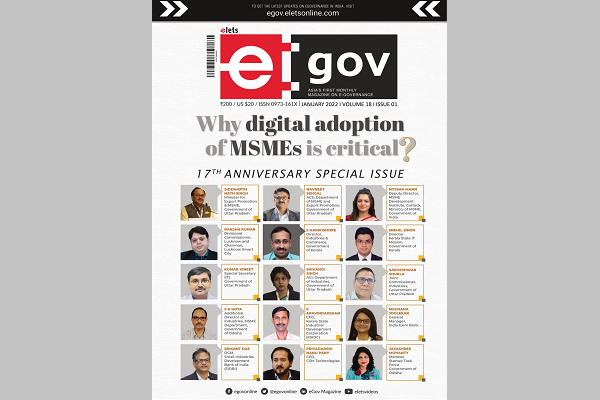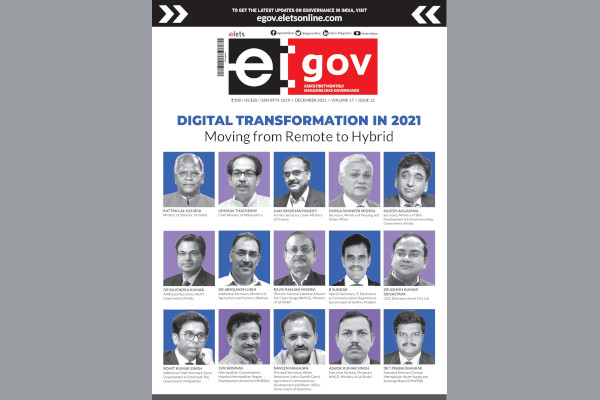“Eventually we plan to develop a fully paperless system of work at the Indian Parliament,” says Pradeep Chaturvedi, Director (IT), Rajya Sabha Secretariat. In conversation with Ankush Kumar
What kind of IT implementation are you doing to bring about an improvement in the working of the Indian Parliament?

Currently I am looking after the ICT needs in the secretariat. The process of computerisation was started in 1995, when many members started asking that computer technology should be deployed to get work done in a more efficient manner. We began with computerisation and gradually moved towards having a broader implementation of ICT in 1997. Currently, we are much behind the developed world. With all the ICT deployments that have already happened, I can proudly say that there is very significant amount of improvement in efficiency and transparency.
Tell us about the new technologies that are being installed in the parliament. Also, what were the challenges that new technologies?

The technologies being used in the Parliament are of an international standard. We have done research on the deployments that are being done internationally before coming up with the solutions that would be most suitable for the Indian Parliament. I must say that there has been ample support from the National Informatics Centre (NIC). The website, as you might already know, is lot more informative now. As far as challenges are concerned, I have to say that there are always going to be challenges in whatever you do. We are able to overcome all the challenges as the members of the Indian Parliament are very keen to use new technology. Recently we introduced tablets for the members, and eventually we plan to develop a fully paperless system of work at the Parliament.
What kind of applications are you having in the tablets that are being used in the parliament? Also, tell us about your tie-ups with private companies for the hardware and software needs?
We do have customised applications in the tablets that members are using. These applications have been released on http://data.gov. in, from where anyone can download them and start using them. The applications are very user friendly and give access to large amounts of data about various aspects of the country. Obviously the main vendor for the creation of our applications is NIC, but for hardware and software, we have a tie up with NIC. Our server requirements are mostly met through IBM technology that comes to us through organisations like NIC and NIXI.
Few years ago the nation was shocked to see the visuals of the parliament being under attack by terrorists. Are you using ICT to further enhance the security of the parliament?
Earlier there used to be an easy access to the parliament, but now we have various security check points. There are more barriers and barricades. Even an officer of the Parliament like me, cannot move after a certain point. We are using all kinds of modern technologies to improve the security system. Earlier we only had the CCTV cameras, but now we are having advanced technology through which even the voice can be recorded. We are looking towards NIC to support us in all the aspects. We have NickNet server in place for cyber and security control, and for protection of our data.
In times to come what kind of ICT deployments can we expect in the parliament?
Our main priority is to ensure that the Indian Parliament becomes completely paperless. A paperless Parliament is of great importance as members from remote areas find it difficult to get all their papers over here. Once we have the paperless system in place the members will be able to transfer their papers through the online mode. Considering the complexities of providing connectivity to a large country like India, the development of this kind of system will take some time.
Be a part of Elets Collaborative Initiatives. Join Us for Upcoming Events and explore business opportunities. Like us on Facebook , connect with us on LinkedIn and follow us on Twitter, Instagram.





